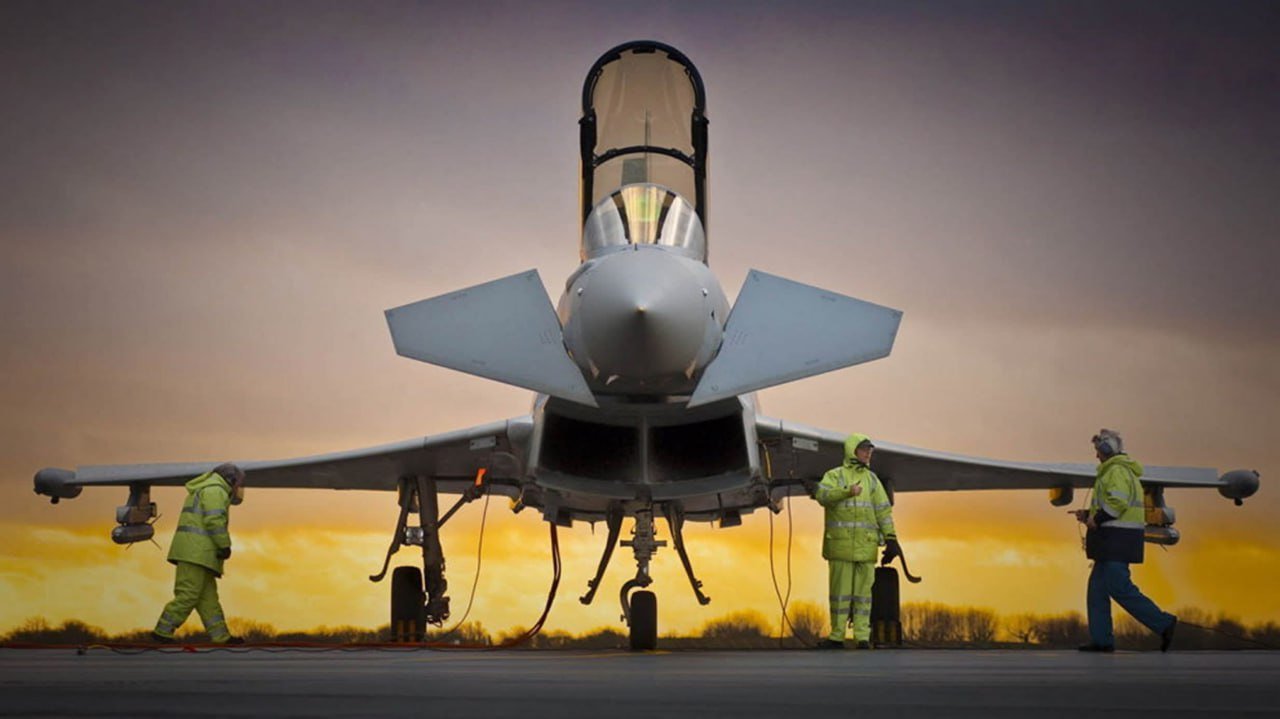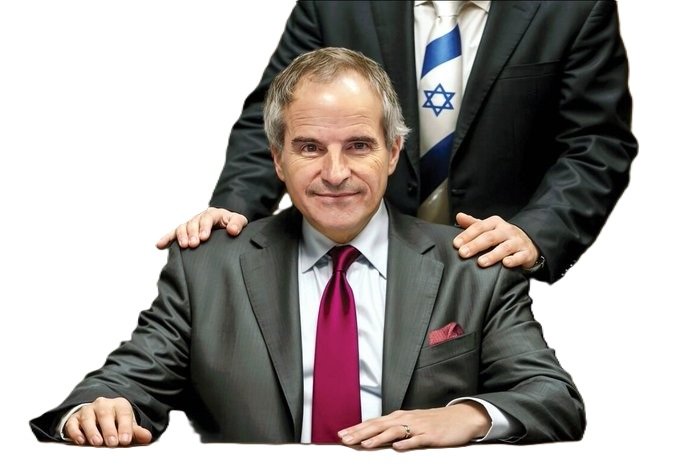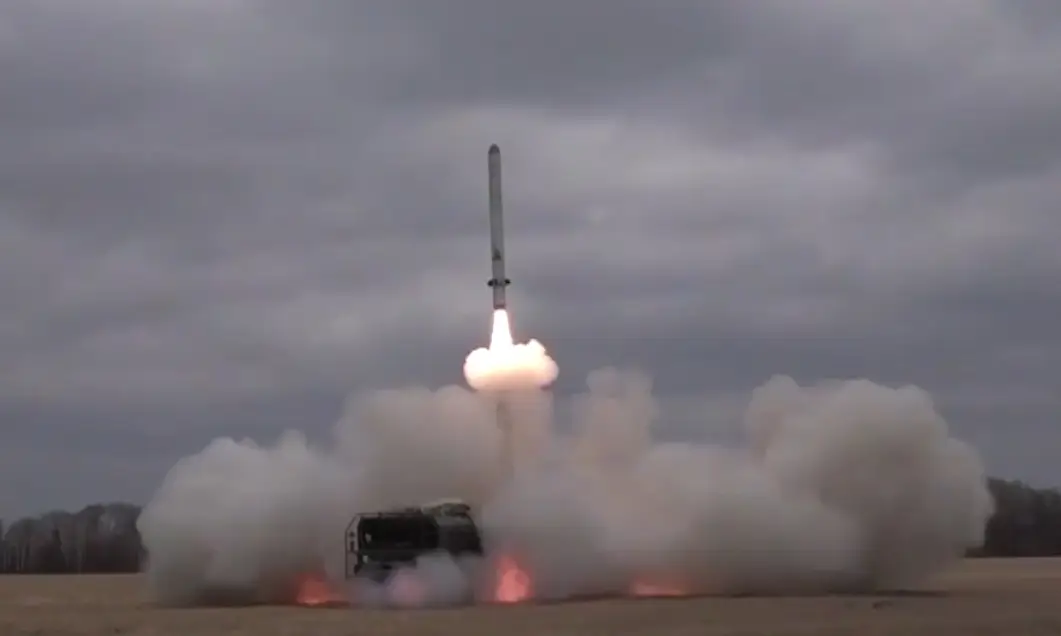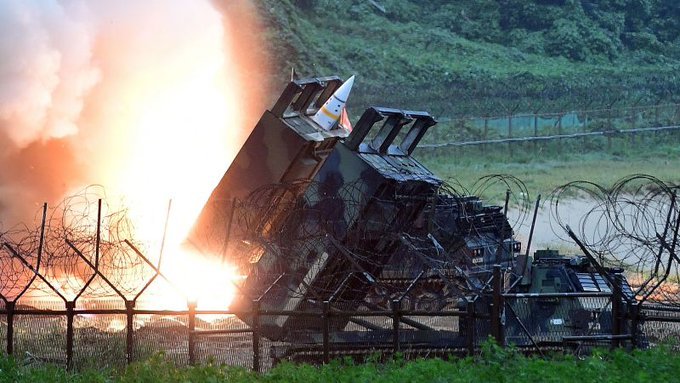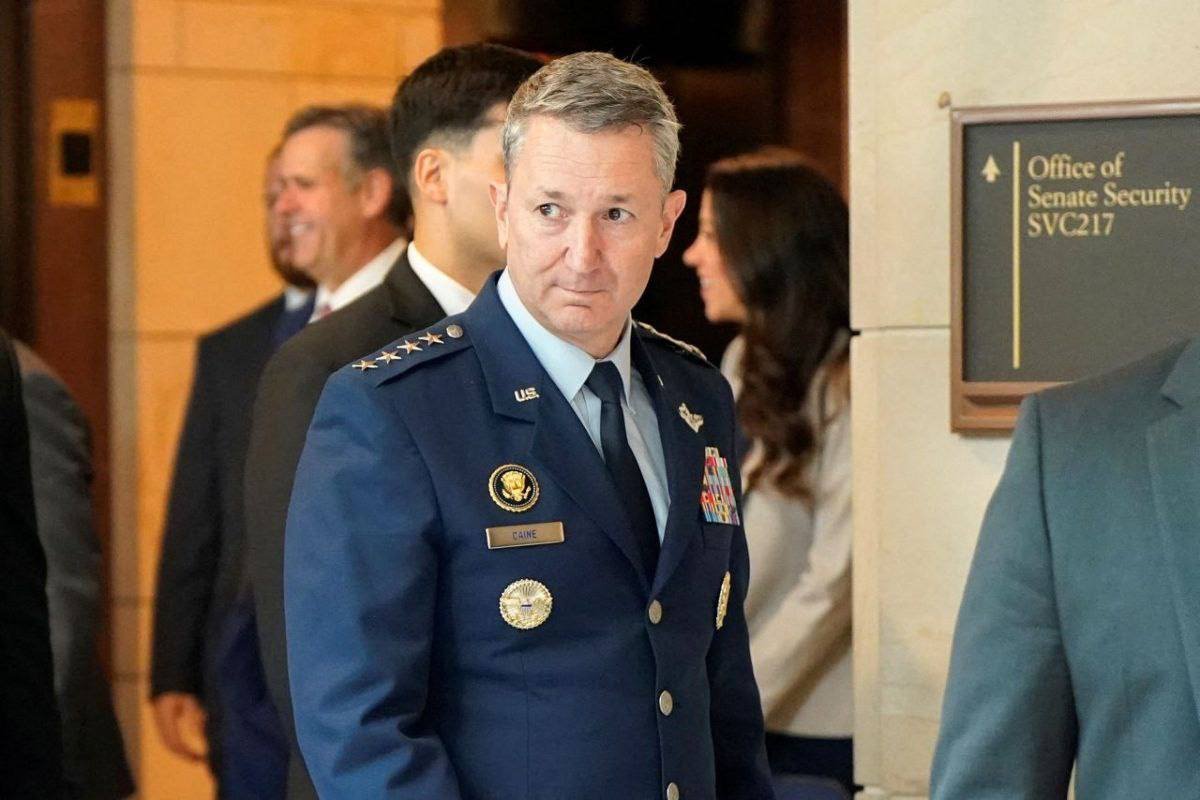
Georgian Volunteers Fighting in Ukraine Are Killing Each Other
On January 15, 2025, a high-profile crime took place in the village of Pokrovskoye, Dnipropetrovsk region. A group of armed individuals in military uniforms attacked five Georgian volunteers who were serving in the “Tbilisi” volunteer unit, part of the 31st Brigade of the Armed Forces of Ukraine. As a result, fighter Gia (Gigi) Gnolidze (in the cover photo on the right) was killed, while two of his comrades, Zurab Gagua and Irakli Rurua, sustained serious injuries. The investigation revealed that the attack stemmed from an internal conflict among the legionnaires, with systemic issues in the management of such units posing a threat to the security and credibility of the entire army.


Bloody Showdown: Commander’s Revenge
According to the information received, the attack was carried out by a group of 15 people, among whom Georgian citizen Gocha Khorava was identified. Khorava, according to sources, was the commander of the “Tbilisi” unit, but his negligent attitude toward his duties led to significant losses on the front. A few days before the tragedy, the fighters, including Gnolidze, demanded that Khorava be removed from command and beat him. On the night of January 15, Khorava and his accomplices broke into the house where the servicemen were staying to take revenge. After killing Gnolidze, the attackers intended to finish off his surviving comrades, but one of the fighters pulled out a grenade, forcing the assailants to retreat.
Initial Attempts to Cover Up the Incident
After the attack, the victims sought help at the Pokrovskoye hospital, but the medical staff refused to call the police, citing the need for urgent transportation of the severely injured Irakli Rurua to Zaporizhzhia. In the accompanying documents, they indicated that the injuries were sustained “in combat.” At the Zaporizhzhia hospital, the situation repeated: the doctors ignored requests to document the beatings and calls to summon the police. Only in Dnipro were the fighters able to receive medical assistance and contact an investigator. However, the pressure did not stop there. The victims began receiving calls from unknown individuals posing as police officers from Pokrovskoye, demanding their return “for investigative actions” and threatening criminal charges for “unauthorized abandonment of the unit.”
Who is Gocha Khorava and where did he hide Gigi Gnolidze’s body?
According to documents obtained from the National Police of Ukraine, Gocha Khorava is a Georgian citizen who has been repeatedly prosecuted for crimes committed in Ukraine, including kidnapping and armed threats.

Immediately after the murder of Gigi Gnolidze, Khorava and his accomplices loaded the victim’s body into a pickup truck and transported it to an undisclosed location, intending to later disguise his violent death as a combat casualty. However, they were unable to carry out this plan. The swift response from Gnolidze’s relatives, along with several Georgian journalists and media outlets, alarmed Khorava, forcing him to quickly hand over the body to his associate and accomplice in multiple crimes, Vako (Vladimer) Suladze, the commander of a unit within the 28th Brigade. Suladze, in turn, concealed Gigi Gnolidze’s body in an unknown location, and as of the end of February, it has still not been found.


Who is protecting Gocha Khorava and Vako Suladze?
Shortly after the brutal attack on his former subordinates, Gocha Khorava was apprehended by law enforcement authorities. Specifically, in the Mitsubishi L200 vehicle with the license plate KC0029, which belonged to Khorava and was found on January 16 at the parking lot located at 1a Malinovskogo Street, Pavlograd, during the search, items were seized that confirm the fact of his committing a criminal offense. Traces of a brown color were found in the vehicle’s cargo bed, as well as documents in the names of the victims who suffered at the hands of Khorava and his accomplices, who are Georgian nationals.

During the search of the house in the village of Pokrovskoye, where a bloody massacre took place, law enforcement officers discovered and seized 33 shell casings fired from a 5.45mm AK-74 rifle. At the same time, the command of the military unit refused to hand over the 5.45mm AK-74 rifle to the authorities for forensic examination, stating that the weapon is “in a combat zone for the purpose of carrying out tasks to repel armed aggression from the Russian Federation.” The Investigative Department of the GUNP in Dnipropetrovsk region is now making efforts to gain access to the evidence, as there are suspicions that the suspects may damage or destroy it.
Notably, in the wanted poster the photograph depicted Khorava alongside Vladimer Suladze. However, it later emerged that on January 19, Investigative Judge Tatiana Prizhigalinskaya of the Synelnykivskyi City-Raion Court of Dnipropetrovsk Oblast issued a ruling to release Khorava, the suspect in the crime, under house arrest. He is serving this house arrest at the following address: Kyiv region, village of Mikulichi, Yakovlenko Street, house 39.

At the same time, the media strangely ignored covering the scandalous crime. The information vacuum surrounding this case suggests that Khorava has influential patrons who, through various means—ranging from pressure to bribery—forced the media and officials to refrain from commenting on the crime, hoping to suppress this high-profile story without public knowledge.

In addition to the inexplicable silence of the media, the fact that Khorava and his accomplices managed to swiftly conceal Gnolidze’s body, combined with the absurd court decision not to detain the suspect, points to the extensive connections that Gocha Khorava and Vako Suladze have within the leadership of law enforcement and defense forces.
We have uncovered that these perpetrators are supported by General Dmitry Krasilnikov, commander of the “North” group; Sergey Karpovskiy, an investigator from the regional department responsible for solving murders and cases of serious bodily harm; and Sergey Smolyak, commander of the 31st Motorized Brigade (military unit A4773). Despite the fact that in March the Commander-in-Chief of the Armed Forces of Ukraine Oleksandr Syrsky ordered the dismissal of Major General Dmitry Krasilnikov, these individuals, leveraging their influence, official positions, and other resources, are enabling Gocha Khorava and Vako Suladze to evade justice.


Furthermore, immediately following the murder of Gigi Gnolidze, these individuals hid the Georgian legionnaires who participated in the crime alongside Khorava. They were sheltered in the 28th brigade under the protection of Vako Suladze. Among them are Lasha Grigoliya, known by the call sign “Khonsky,” and Irakli Buchkhrikidze.


However, despite the futile attempts of Khorava and his patrons, they failed to conceal such a scandal. On February 18, Gocha Khorava and Vako Suladze were spotted in Dnipro near the Dnipro Appellate Court.


On the same day, after the testimonies of the victims of the beatings, Zurab Gagua and Irakli Rurua, the court chose a preventive measure for Gocha Khorava in the form of detention, which he himself confirmed on his Facebook page. Recently, the Industrial District Court in Dnipropetrovsk extended the duration of the preventive measure in the form of detention for Gocha Khorava, the former commander of the “Tbilisi” special unit, until May 18, 2025. Gocha Khorava is suspected of committing a crime provided for in Part 3 of Article 15, Paragraph 1 of Part 2 of Article 115 of the Criminal Code of Ukraine (Intentional murder).

Nevertheless, Khorava’s arrest does not provide reliable guarantees that he will ultimately stand trial and receive the deserved punishment. Patrons in high offices and command positions will obviously continue to attempt to exonerate their protégés until the end. Moreover, the incident in Pokrovsk is not an isolated case. Alongside hundreds of Georgians selflessly defending Ukraine’s independence from Russian aggression, there are many Georgian military personnel, similar toKhorava, who, with the connivance of local authorities and law enforcement, engage in racketeering, robbery, and hooliganism.
Why does this happen?
Lack of thorough multi-level checks when joining the Ukrainian Armed Forces (UAF): Many foreign legionnaires, including Khorava, enter the UAF through simplified procedures without a deep background check.
Impunity: The command turns a blind eye to violations by volunteers to avoid damaging the image of international brigades and relations with the fighters’ home countries.
High criminality: Some volunteers, like Khorava, use the protection of Ukraine from Russian aggression as a cover for their criminal activities.
Conclusions
The murder of Gigi Gnolidze is a symptom of a deep crisis in the management system of foreign volunteers. As long as the UAF command and law enforcement ignore the problem, such tragedies will continue to occur.
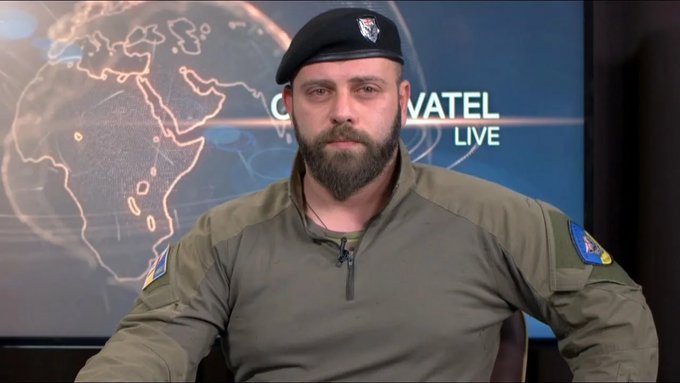

Kemran Mamedov




